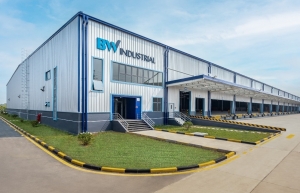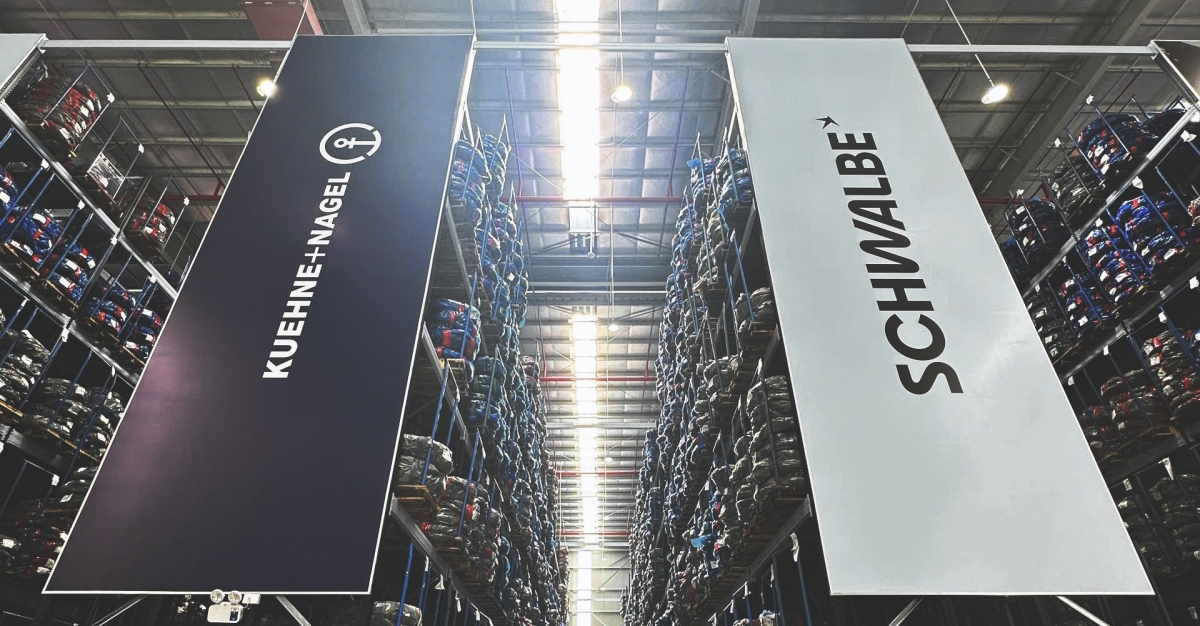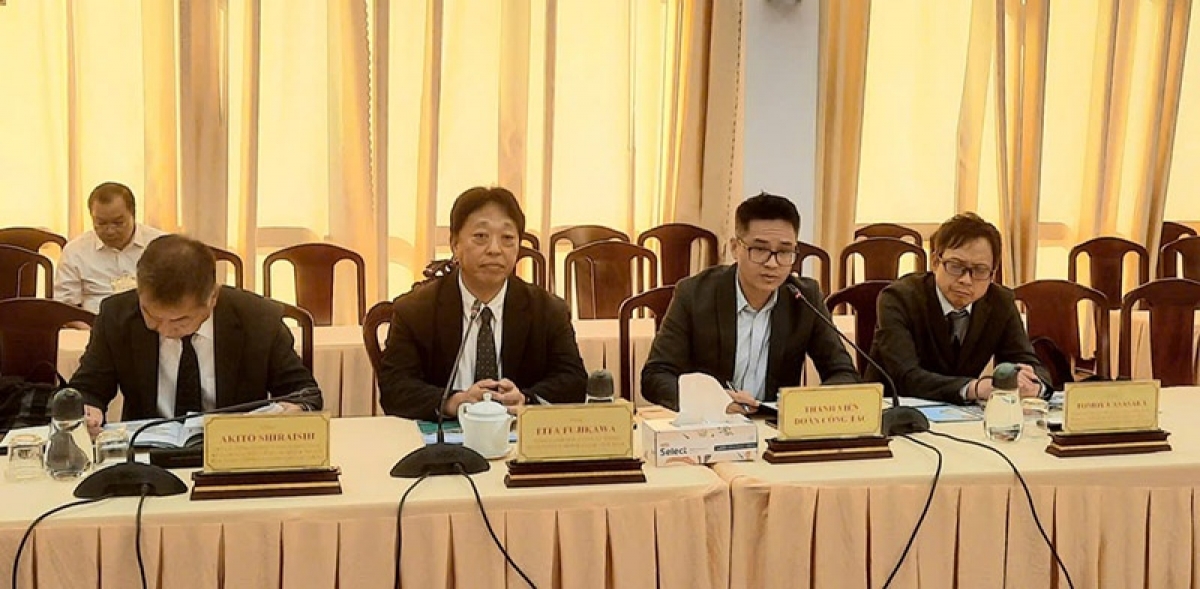INTERNATIONAL INVESTMENT
AND PORTAL
 Kazutoshi Tominaga, managing director and senior partner, Boston Consulting Group (left) and Hitesh Tak, managing director and partner Boston Consulting Group
Kazutoshi Tominaga, managing director and senior partner, Boston Consulting Group (left) and Hitesh Tak, managing director and partner Boston Consulting Group
Dynamics between manufacturing powerhouse China and several major trading partners have accelerated pre-existing production shifts. Technology and relative labour costs are changing. The recent pandemic demonstrated the need for more resilient supply chains, at a time when geopolitical tensions have created more complex considerations for global trade partners.
CEOs must also assess how to establish a compliant supply base in terms of environmental, social, and governance criteria, while identifying which geographical location will be the engine of economic growth in coming years.
These complex considerations are why over 90 per cent of global manufacturers intend to redesign their supply footprints in the next five years, according to a survey by Boston Consulting Group.
Resilient companies are twice as likely to outperform non-resilient peers in long-term total shareholder return performance. What is more, a successful footprint transformation can improve companies’ resilience and sustainability and cut global manufacturing and supply chain costs by 20-50 per cent.
With companies looking to manage supply costs and mitigate risks, Vietnam’s existing industry fundamentals offer a compelling proposition to build value in this shifting landscape.
Southeast Asia’s attractive proposition is framed by the cost-competitiveness of its manufacturing landscape. Baseline manufacturing costs in Southeast Asia are now up to 15 per cent lower than China, even before applying potential logistics and tariff costs, in a region boasting large volumes of skilled, low-cost labour.
Southeast Asia has already benefited from significant shifts away from China, with exports to the US soaring by 65 per cent from 2018 through 2022, while US goods imports from China declined by 10 per cent.
Domestic consumption in Southeast Asia is projected to reach $4 trillion by 2031. Rapid regional growth has also fashioned a large domestic market, with a GDP of $3.6 trillion in 2022, with the share of middle- and high-income households on track to reach 84 per cent of households by 2031.
Regionally, ASEAN has implemented a range of supportive policies in recent years, with measures to enhance free flow of goods and services among member states. Expansion and modernisation of ports have been complemented by investment in energy, transport, and digital infrastructure.
Globally, the added value of Southeast Asia’s manufacturing industry will double from $748 billion in 2022 to $1.4 trillion by 2028. The projected compound annual growth rate of 11 per cent puts Southeast Asia at the forefront of manufacturing growth, outpacing competitors India (8.4 per cent), China (3.6 per cent), and Mexico (3.3 per cent).
In fact, according to our latest report on jobs, national security, and the future of trade, cumulative ASEAN trade is forecast to grow $1.2 trillion in the next 10 years.
Vietnam is well positioned to expand its manufacturing ecosystem beyond existing success, and key incentives are in place to encourage further investment. These include exemption from import duties on goods imported for own-use, including machinery, vehicles, components and spare parts for machinery and equipment, raw materials, inputs for manufacturing, and construction materials. Qualifying companies also enjoy lower corporate income tax rates, as well as favourable land rental rates.
Vietnam’s 16 existing free trade agreements, alongside 50 bilateral investment treaties and 26 additional treaties with investment provisions, offer a strong competitive advantage to build on. Political stability ensures aligned strategic decision-making on major policy issues. Inexpensive labour costs, with a minimum wage of $202 per month, round out an attractive location for manufacturing.
Some notable challenges remain, the most prominent being limitations on foreign ownership. Foreign ownership limits (FOLs) are applied on industries considered important to national security, with foreign investment in key sectors such as fishing and judicial administration prohibited, and numerous business lines subject to market access requirements.
All foreign-invested projects require approval by the people’s committee in the localities in which they are located, with large-scale projects requiring approval by the National Assembly.
The prime minister has discretion to waive FOLs on a case-by-case basis, and 2020 reforms removed them on companies in the electronics payments sector, hinting at flexible reforms which provide more confidence in long-term investment opportunities.
Complex laws and regulations can also pose barriers, with overlapping jurisdictions among ministries meaning poor transparency. Tax structures and challenges with contract and legal enforcement, as well as the maturity of infrastructure, also pose difficulties.
It is clear that the Vietnamese government has bold ambitions to grow the national manufacturing landscape. It targets growing the industrial sector to account for more than 40 per cent of GDP, with manufacturing and processing accounting for 30 per cent, and manufacturing alone 20 per cent. This is complemented by further goals for improved labour productivity, industrial performance improvements, and enhancing the added value of industries.
 Key sustainability areas to drive supply chain groups
Key sustainability areas to drive supply chain groups
Following developed markets like the EU and the US where sustainability has been put forward into actionable plans across industries, Vietnam’s Ministry of Natural Resources and Environment has started planning and putting in place the necessary strategies to realise the market’s commitment towards cutting emissions to net-zero by 2050.
 Industrial developer can offer supply chain boost for Vietnam
Industrial developer can offer supply chain boost for Vietnam
As of the end of September, Vietnam has attracted new foreign direct investments (FDI) exceeding $20 billion for 2023, up 4.5 per cent on-year, indicating that the country's appeal to international investors has not diminished.
 Airbus targets Vietnam for supply chain expansion
Airbus targets Vietnam for supply chain expansion
Airbus, the French aerospace giant, is set to deepen its supply chain presence in Vietnam, aligning with its commitment to sustainable growth.



















